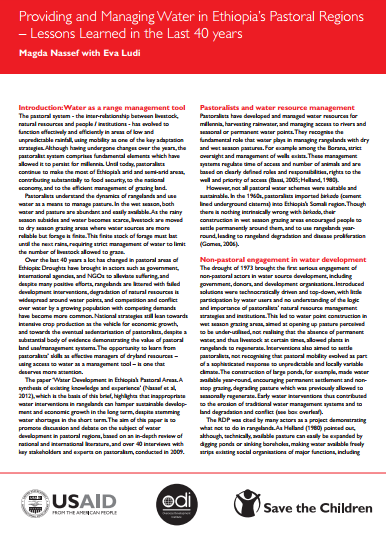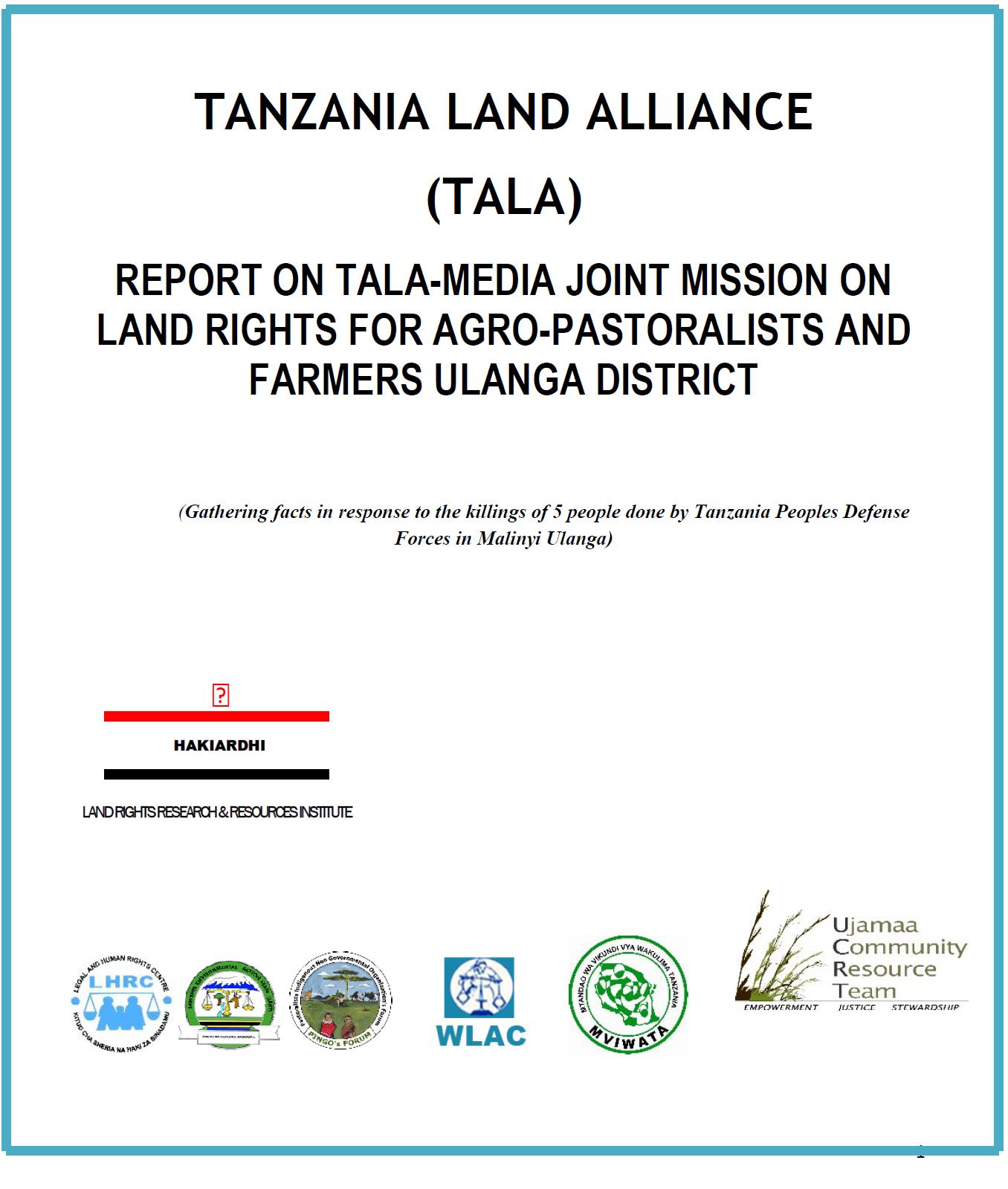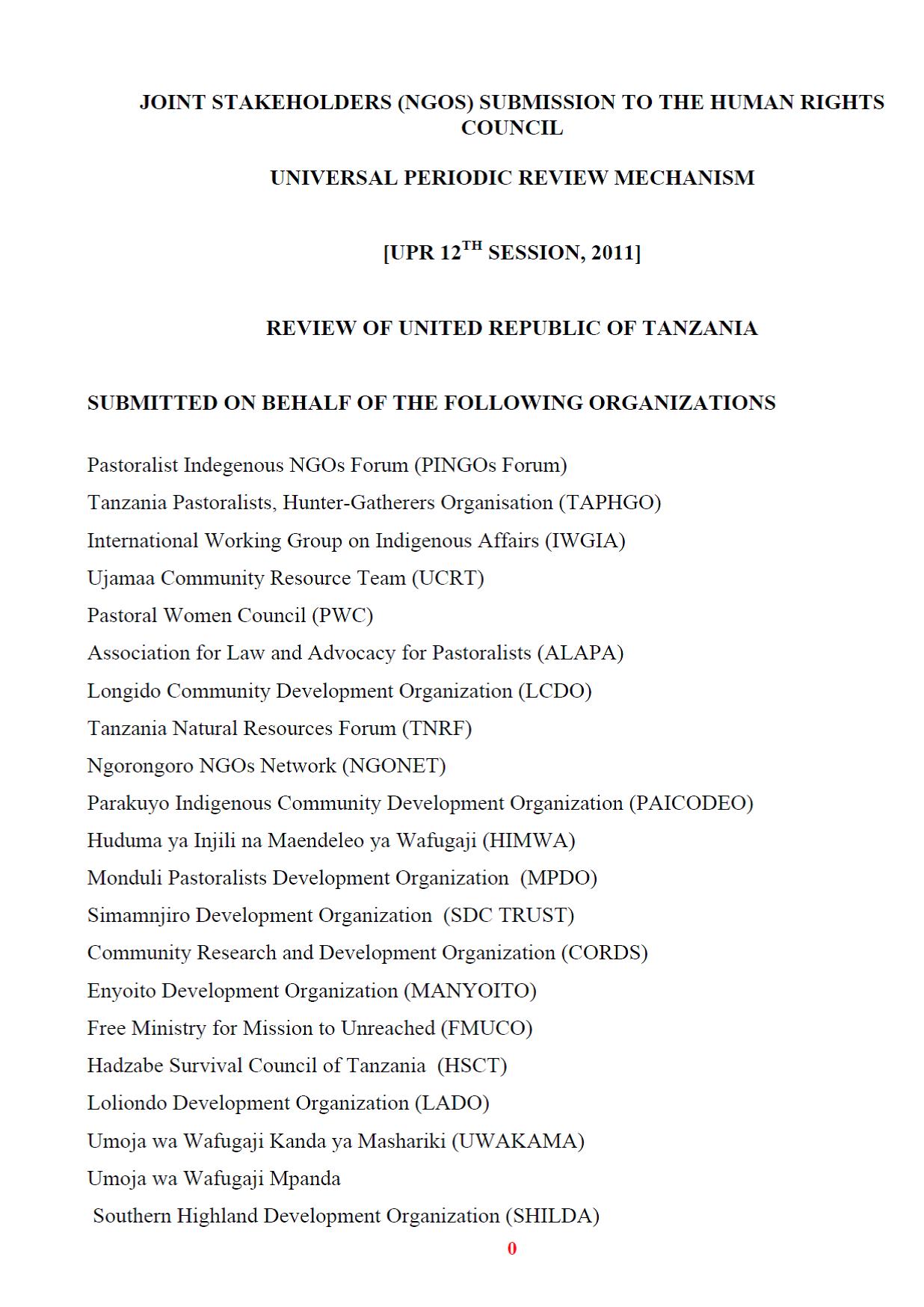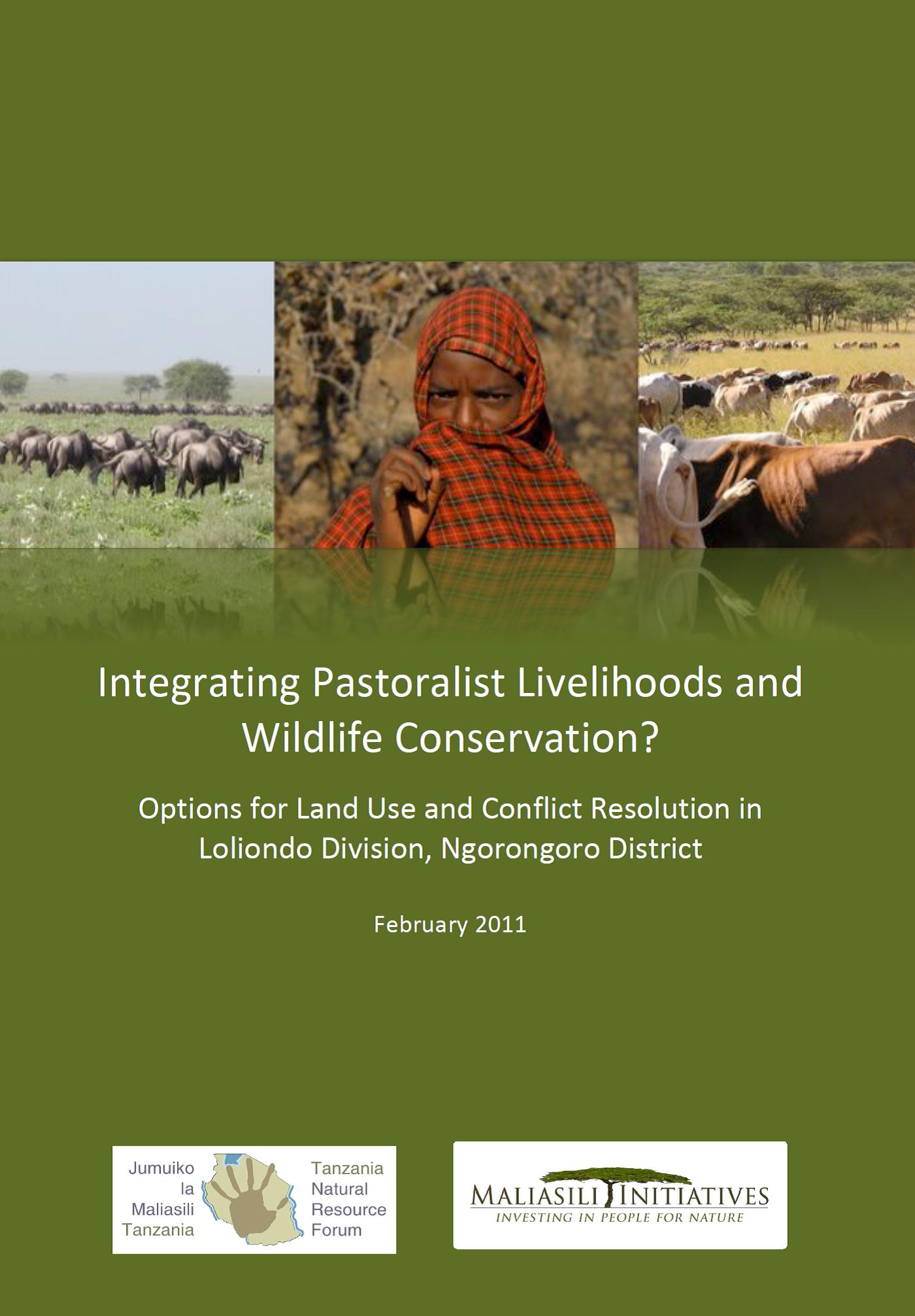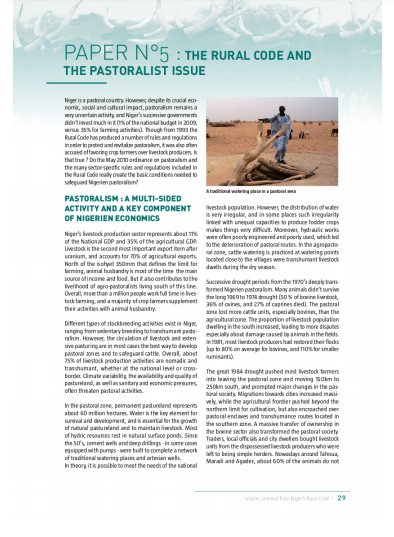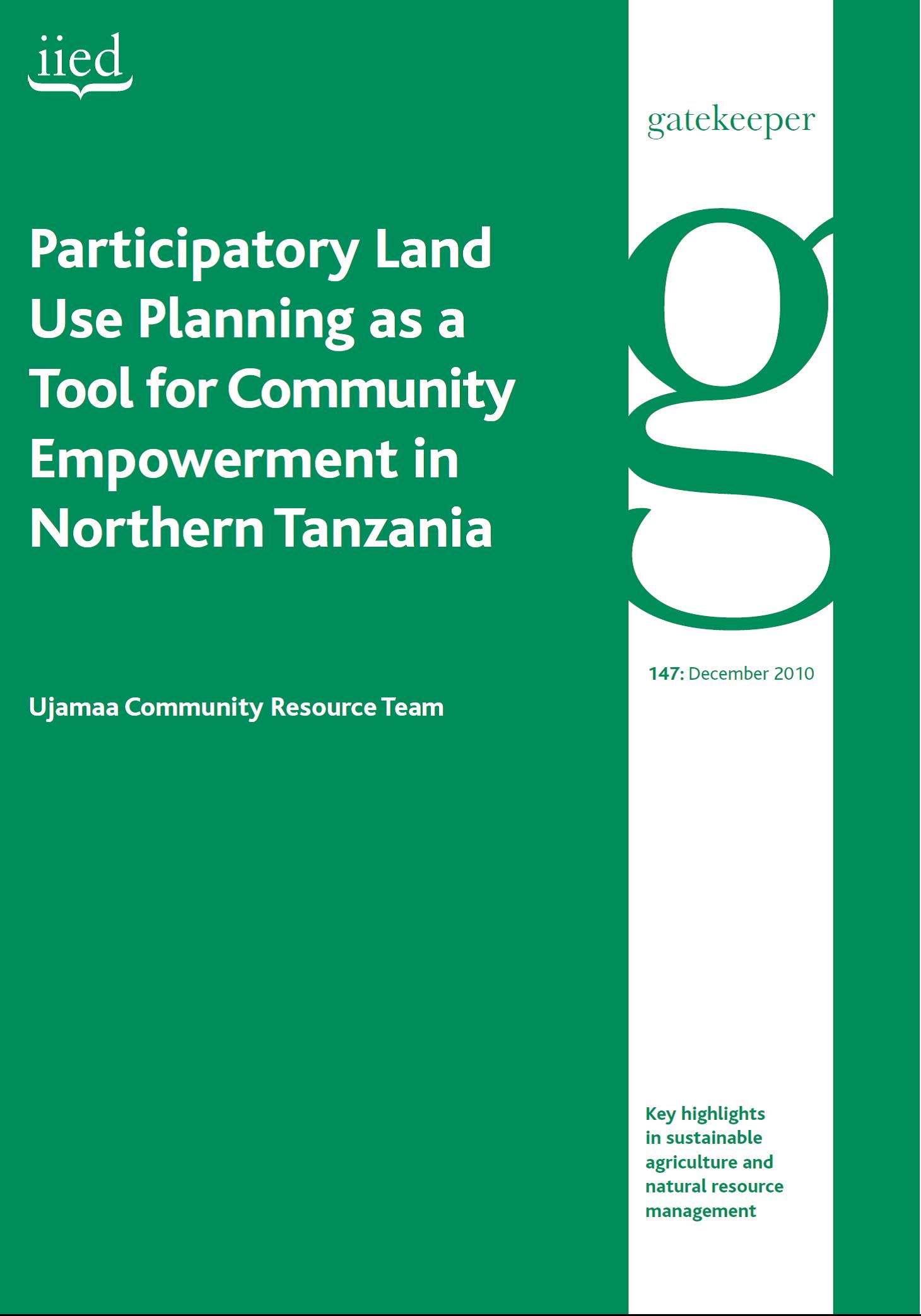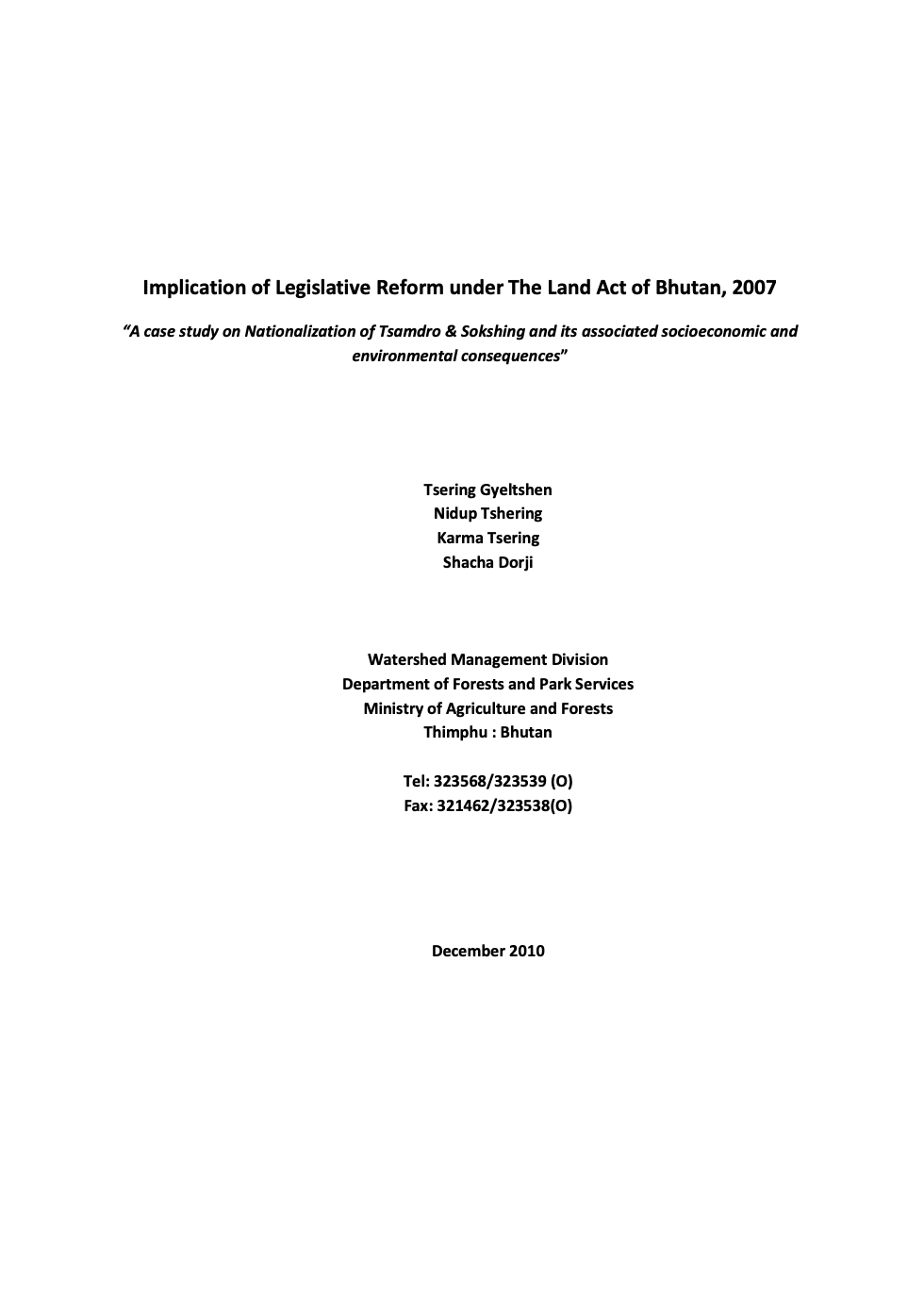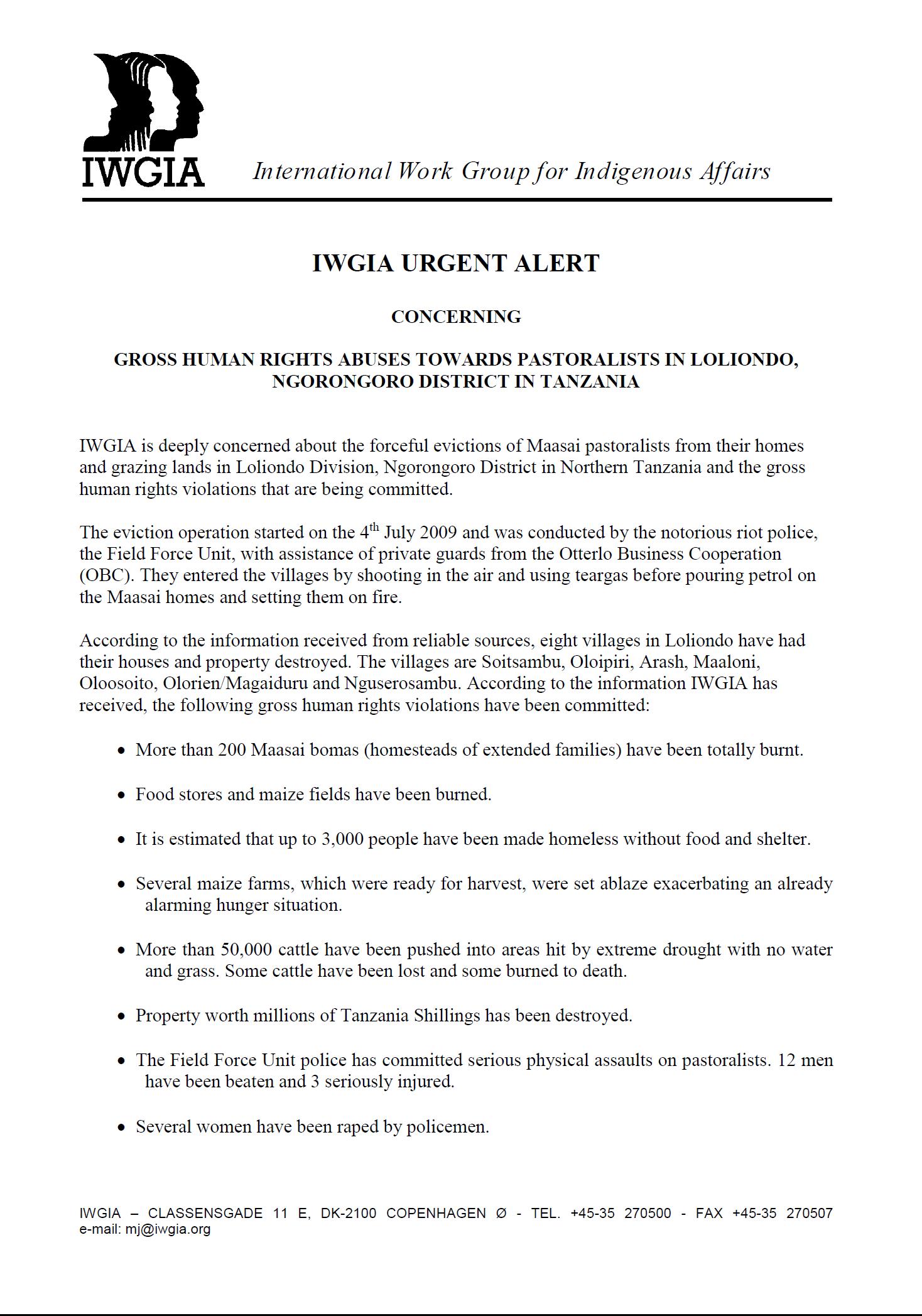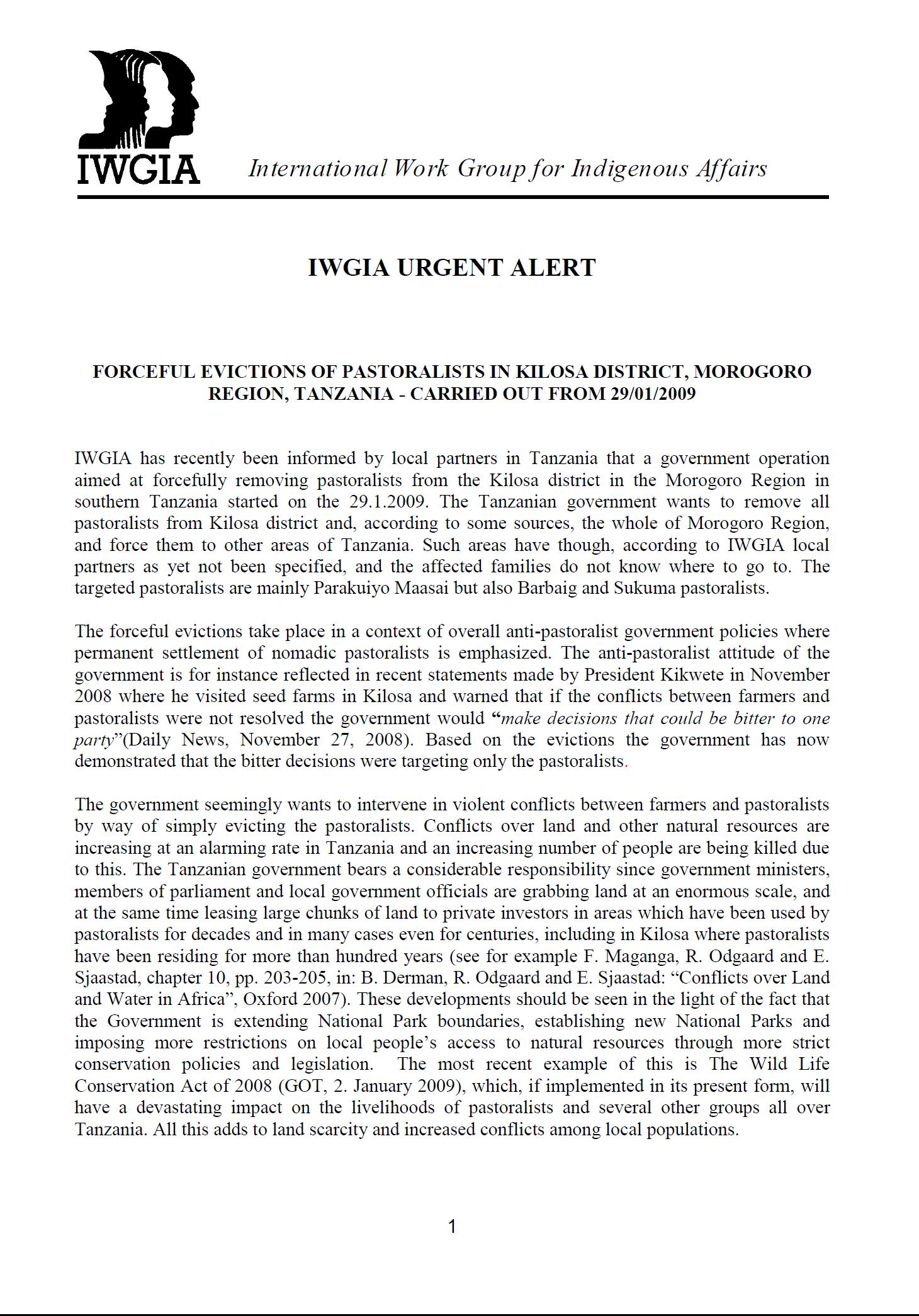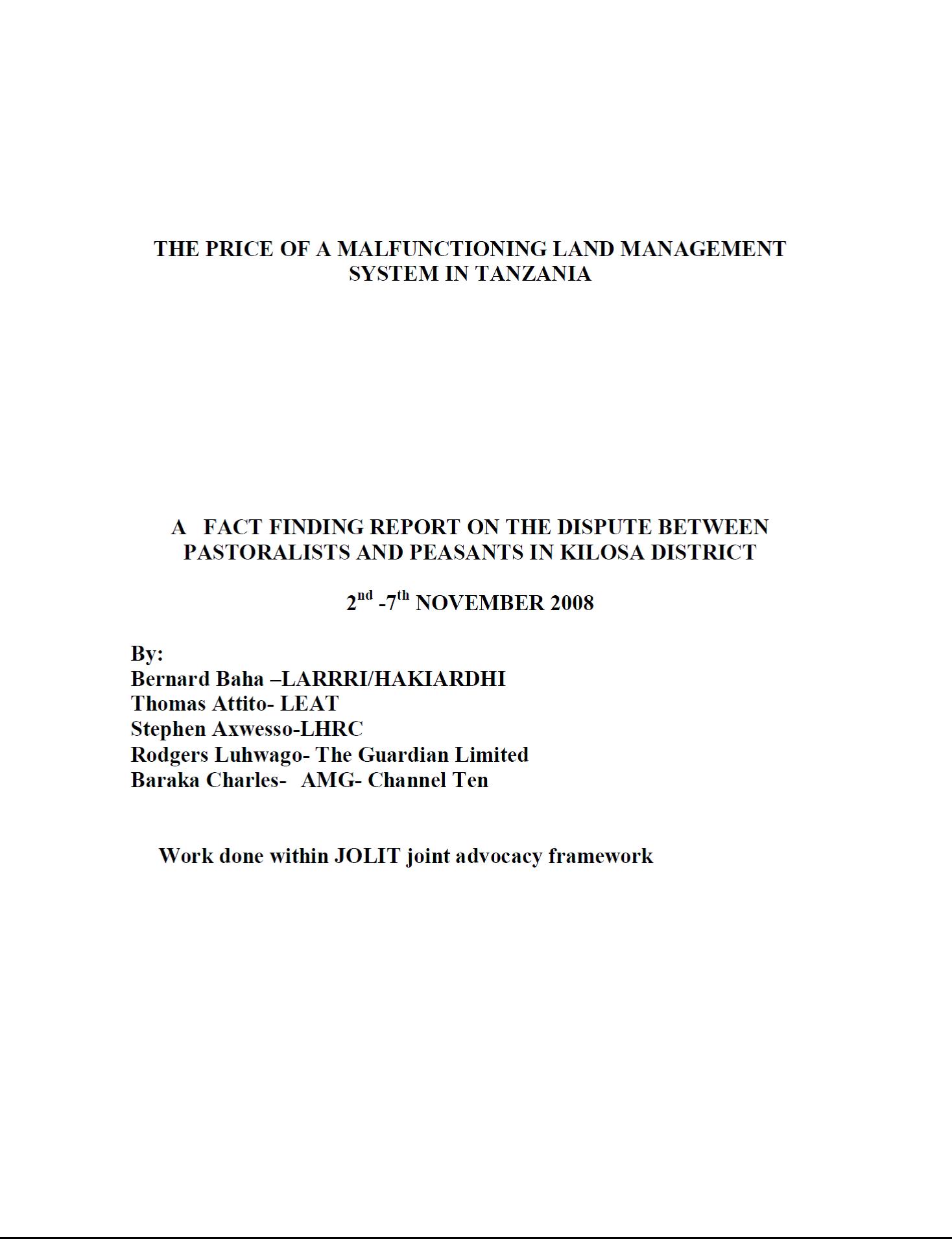Providing and Managing Water in Ethiopia’s Pastoral Regions – Lessons Learned in the Last 40 years
Introduction: Water as a range management tool The pastoral system - the inter-relationship between livestock, natural resources and people / institutions - has evolved to function effectively and efficiently in areas of low and unpredictable rainfall, using mobility as one of the key adaptation strategies. Although having undergone changes over the years, the pastoralist system comprises fundamental elements which have allowed it to persist for millennia.

